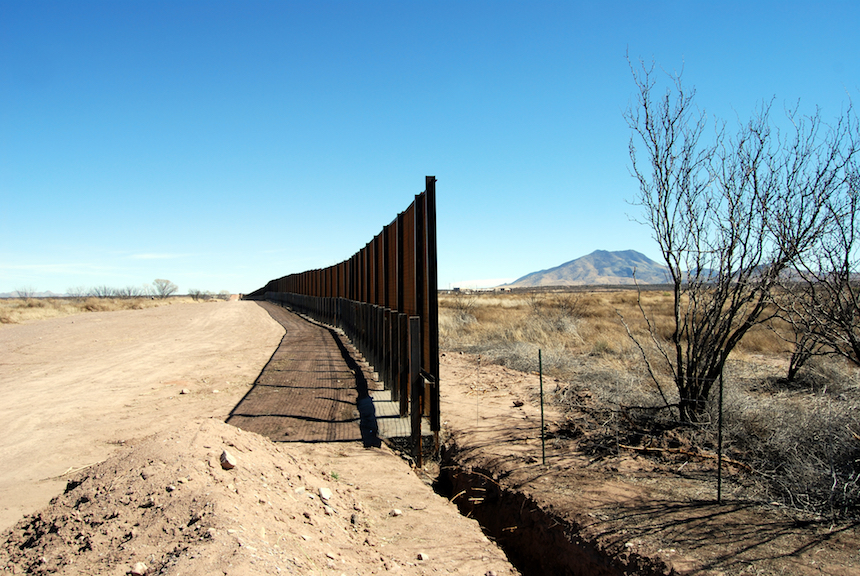 Unisys Corporation and CSIRO’s Data61 today announced a collaboration to develop an advanced data analytics solution for automated security risk assessment of travelers and cargo at air, land and sea borders.
Unisys Corporation and CSIRO’s Data61 today announced a collaboration to develop an advanced data analytics solution for automated security risk assessment of travelers and cargo at air, land and sea borders.
Under the collaboration, Unisys will fund joint research with Data61 to develop an advanced data analytics solution capable of detecting potential border security risks posed by travelers, visa applicants, cargo and parcels.
It will build on Unisys’ existing large-scale border security analytics capability to offer as a repeatable solution available to governments globally.
CSIRO says that the research involves assessing anonymized data sets from airlines using analytics and machine learning to identify patterns that indicate potential risks of both traveler intent and cargo contents.
Unisys and Data61 plan to conduct a proof-of-concept at a major Asian hub with the intention to develop the technology into a product to be made available to governments to secure their international borders.
Unisys works with governments worldwide to secure their air, land and sea borders and facilitate the movement of people and goods, with clients including the Australian Department of Immigration and U.S. Customs and Border Protection (CBP).
“Unisys’ deep domain expertise and global reach combined with Data61’s analytics and machine learning capabilities provides a unique opportunity to advance border security technology around the world during a time of increasingly sophisticated threats and greater dependence on international travel and cargo shipments,” said Mark Forman, Global Head and VP for the Public Sector at Unisys.
“The end goal of this international collaboration is to make border security processes more efficient, cost effective and safer for countries around the world,” Data 61 Chief Executive Adrian Turner said.
“It’s one of the ways Data61 is working with industry to translate data-science – in this case deep analytics and machine learning into a viable product to help deliver economic and societal impact.”
John Kendall, global border security director, Unisys, said Data61 brought an ideal combination of data science research innovation and deep experience in the transport and logistics sector.
“Most border agencies today rely on human designed rules to identify suspicious people or cargo,” Kendell said.
“Working with Data61, we are incorporating machine learning and real-time data analytics to reveal the actual intent of travelers and shippers.
“This will allow border agencies to automate the processing of low risk people and cargo while reserving specialized border security resources for the small percentage of travelers and cargo that present a higher risk profile.”


